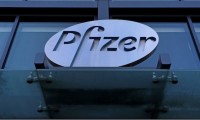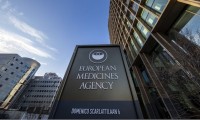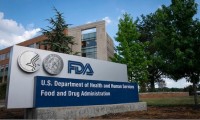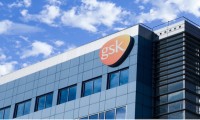-
FDA clears penicillin imports from French drugmaker amid Pfizer shortage
- Source: drugdu
- 114
- January 13, 2024
-
Pfizer CEO promises ‘year of execution’ after recent struggles, Seagen buyout
- Source: drugdu
- 92
- January 13, 2024
-
Pfizer PARP inhibitor Talzenna nabs EU combo nod
- Source: drugdu
- 124
- January 11, 2024
-
Pfizer rings in New Year with hemophilia B gene therapy nod in Canada
- Source: drugdu
- 119
- January 5, 2024
-
After a down year, FDA signs off on a bounty of new meds, including 7 from Pfizer
- Source: drugdu
- 223
- January 4, 2024
-
Pfizer’s Hospira recall spree bleeds into 2024 with product pulls for multiple hospital drugs in shortage
- Source: drugdu
- 196
- December 29, 2023
-
On Heels of ASH Data, Pfizer Eyes FDA Submission for New Hemophilia Drug
- Source: drugdu
- 94
- December 12, 2023
-
Pfizer and Arvinas plan vepdegestrant programme expansion after data at SABCS.
- Source: drugdu
- 102
- December 9, 2023
-
GSK Pulls Ahead of Pfizer in RSV Vaccine Market as Arexvy Nears Blockbuster Status
- Source: drugdu
- 108
- December 5, 2023
your submission has already been received.
OK
Subscribe
Please enter a valid Email address!
Submit
The most relevant industry news & insight will be sent to you every two weeks.












